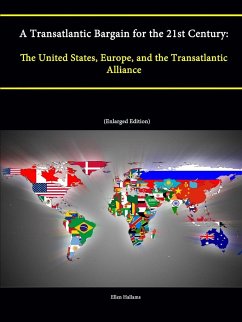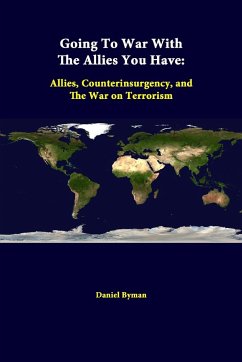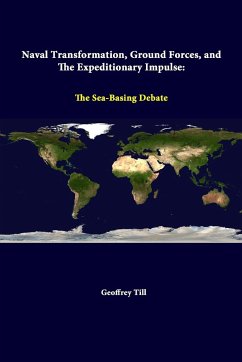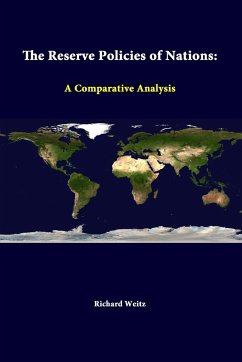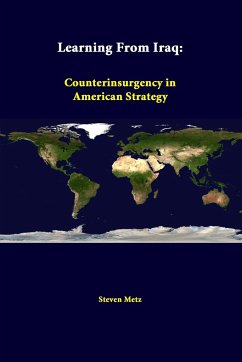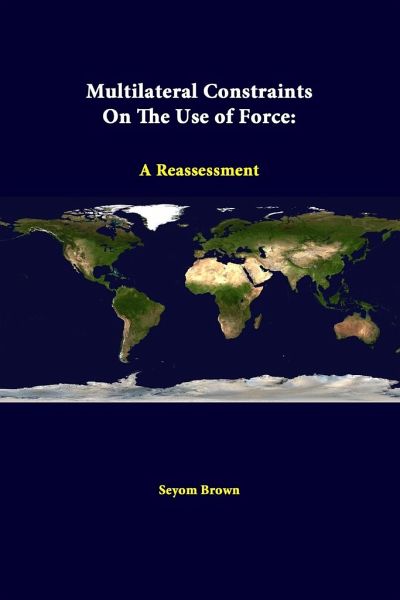
Multilateral Constraints On The Use Of Force
A Reassessment
Versandkostenfrei!
Versandfertig in 1-2 Wochen
16,99 €
inkl. MwSt.

PAYBACK Punkte
8 °P sammeln!
This inquiry has been conducted in the midst of increasing questioning by policymakers and scholars concerning the importance and role of alliances and other multilateral arrangements and legal norms affecting the use of force by the United States. Provoked in part by the transatlantic altercations surrounding Operation IRAQI FREEDOM, the questioning is driven by systemic developments-changes in the structure of world politics and changes in the shape of war-of which the Iraq-focused disputes were a symptom. Together, the systemic political and military developments portend an era of decreased...
This inquiry has been conducted in the midst of increasing questioning by policymakers and scholars concerning the importance and role of alliances and other multilateral arrangements and legal norms affecting the use of force by the United States. Provoked in part by the transatlantic altercations surrounding Operation IRAQI FREEDOM, the questioning is driven by systemic developments-changes in the structure of world politics and changes in the shape of war-of which the Iraq-focused disputes were a symptom. Together, the systemic political and military developments portend an era of decreased U.S. deference to and reliance on established multilateral institutions (especially the United Nations [UN] and the North Atlantic Treaty Organization [NATO]), and a decreased willingness to be bound by international treaties that can constrain U.S. flexibility in the development and application of military power. Yet an emulation by other countries of this trend in U.S. policy can undermine basic U.S...



